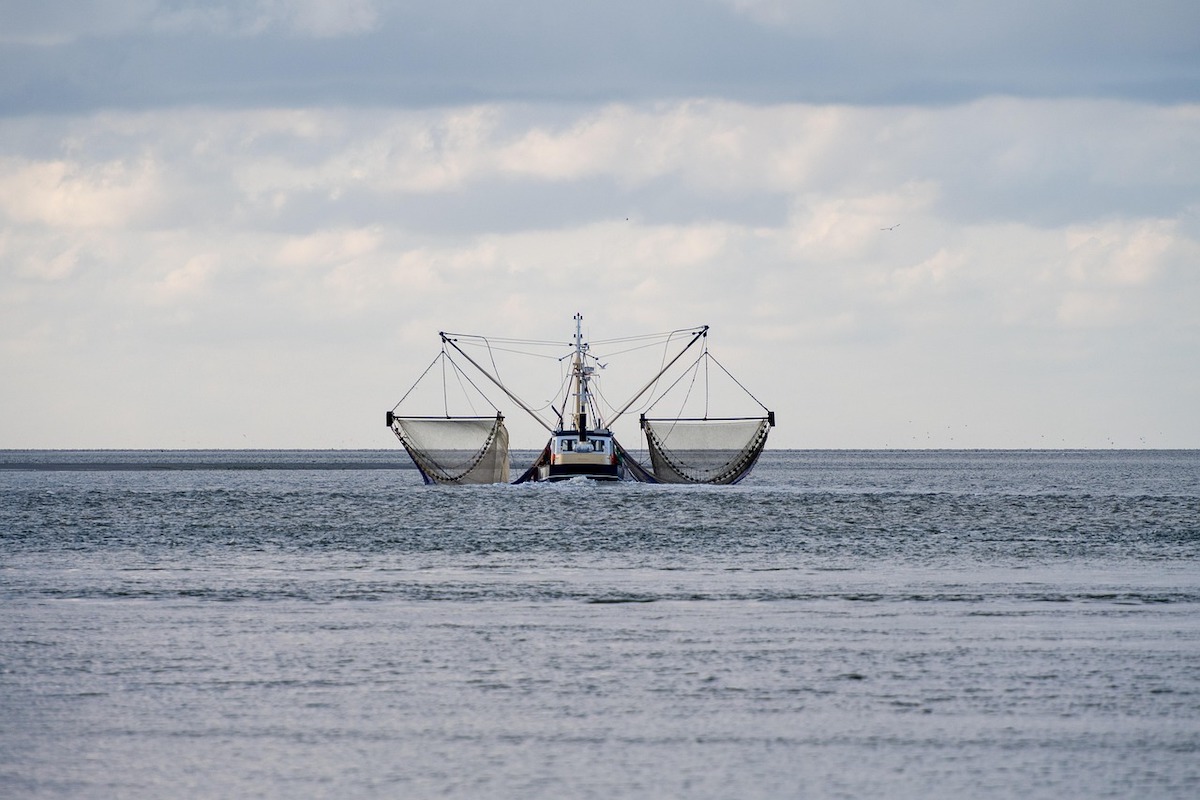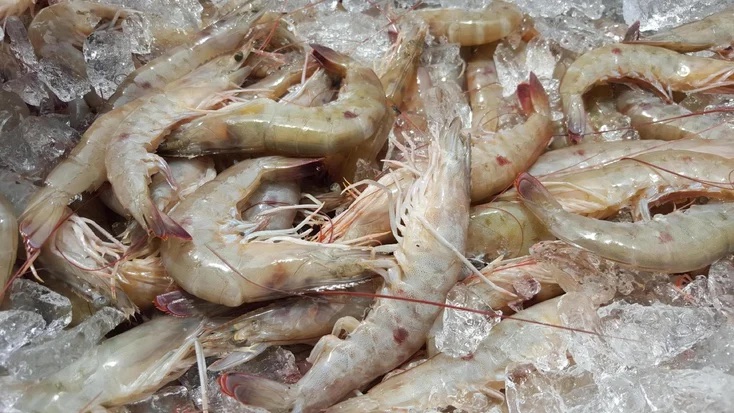The North Carolina shrimping group is bracing for the top of a century-old custom. Home Invoice 442, which initially aimed to revive leisure flounder and purple snapper seasons, has developed into laws that would essentially reshape the state’s industrial fishing panorama.
The Senate’s shock modification to ban inshore shrimp trawling in all estuary waters and inside half a mile of the Atlantic shoreline has despatched shockwaves by coastal communities. The modification handed the Senate 39-2 on June 17, regardless of fierce opposition from coastal representatives and the fishing trade.
For industrial fishermen like John Silver, who has constructed his life round shrimping, the proposed ban represents an existential risk. “Every little thing I’ve labored for my total life could be erased in per week,” Silver mentioned, reflecting the feelings of 1000’s of fishermen throughout the state.
The numbers inform a stark story. North Carolina’s shrimp trade generates $14 million yearly, with inshore waters accounting for 75% of the whole harvest. In 2023 alone, 57% of the state’s 6.57 million kilos of shrimp got here from inshore operations. The ban would successfully get rid of nearly all of the state’s shrimp manufacturing.

Monica Smith, who operates Miss Gina’s Shrimp in Beaufort, processes roughly 200,000 kilos of shrimp yearly from the Pamlico Sound. “Each single baseball jersey and loaf of bread and lightweight invoice and automobile fee comes from shrimp,” she defined, emphasizing how the trade helps total households and communities.
The Environmental Argument
Supporters of the ban argue that North Carolina must align with neighboring states like Virginia and South Carolina, which have already restricted inshore trawling. They level to regarding fish inhabitants declines: southern flounder was declared overfished in 2019, weakfish has been depleted since 2003, and Atlantic croaker continues to face overfishing pressures.
Tim Gestwicki of the North Carolina Wildlife Federation argues that inshore trawling disrupts the pure meals internet. “These are the fish which can be serving the ecological capabilities for turtles, dolphins, shore birds and bigger predator fish,” he mentioned.


The bycatch challenge stays contentious. Whereas proponents declare a 4:1 ratio of fish to shrimp caught, trade representatives dispute these figures as outdated and inaccurate.
The modification’s addition has drawn criticism for its timing and course of. Home sponsors say they weren’t notified of the Senate’s adjustments, and the transfer comes simply days earlier than the completion of a state-funded $1 million research on coastal fisheries administration.
“The North Carolina legislative would deny each its residents and the buyer due course of,” mentioned fisherman Dewey Hemilright, expressing frustration with the rushed timeline.
What’s Subsequent
The invoice now returns to the Home for a concurrence vote. If accredited, it heads to Governor Josh Stein’s desk. A companion invoice presents a three-year transition program for affected fishermen, although many within the trade choose to maintain working fairly than settle for buyouts.
For North Carolina’s shrimping households, the stakes couldn’t be larger as they await a call that would finish generations of maritime custom.

